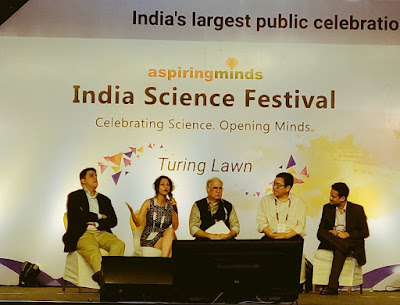Internet academic scams: why do scholars fall for them?
The open access initiative, whilst being a worthwhile alternative to exploitative publishing models, has also opened the doors to bogus journals and other predators.
Last year I received an email from someone who claimed to be part of a foundation that tackles romance scams. It started like this:
“To Dr Payal Arora,
Please allow me to introduce myself. My name is X. I am also a victim of a cyber crime, a romance scam stemming from Nigeria. The reason I am contacting you is to bring attention to cyber crime, more specifically romance scams. Cyber exploits of this nature target mostly women, to lure them emotionally. Exploiting that vulnerability is what the con artists know best…As we speak, I am preparing for a trial to be heard in Abuja Nigeria…”
What did this person want from me?
She wanted me to be on the board of her cybercrime foundation to raise money. She shared the names of prominent academics and professionals already on the board.
While this email appeared legitimate, what struck me was how closely the text of the email resembled a paper my colleague and I had just published a week before on Internet romance scams. To be sure, I contacted one of the board members and got this as part of his reply:
“…I should say I do not know the person you are talking about and I have yet to be contacted for anything related to such. As it sounds, I think it is not legitimate since this is an obvious lie.”
Admittedly, this email was not an instant delete for me.
In retrospect, this was an impressive feat by what I call the “Internet academic scammer.” To use the language from my publication and customise the email accordingly, invoking real experts for the board for the purpose of credibility, was altogether brilliant. Not to forget, how could we miss the irony here on ‘scams?’
Click here for the full article




Comments
Post a Comment